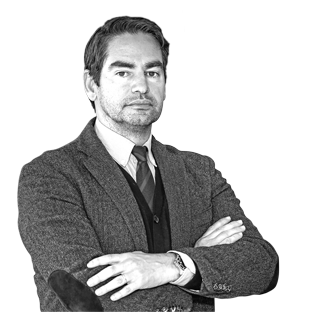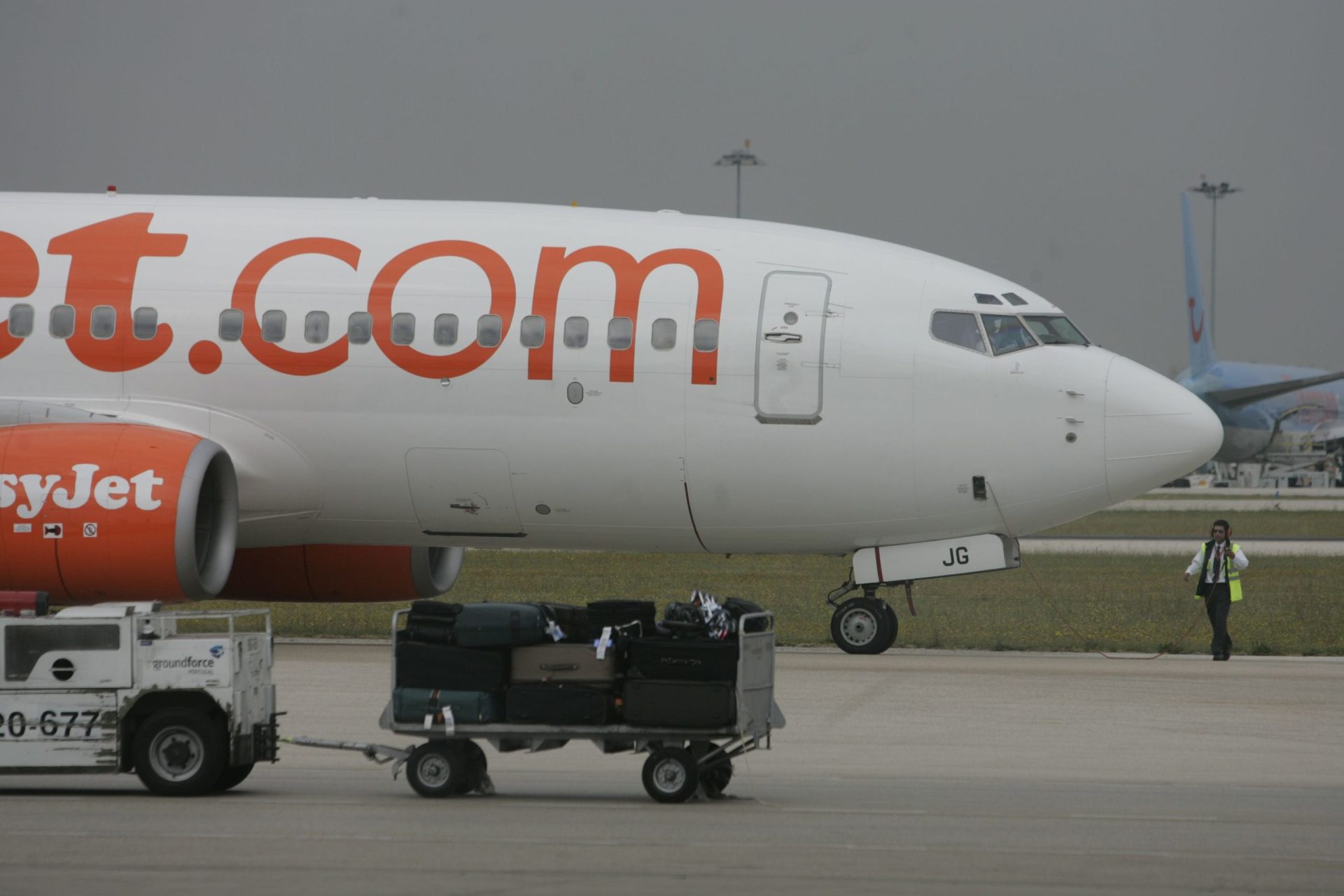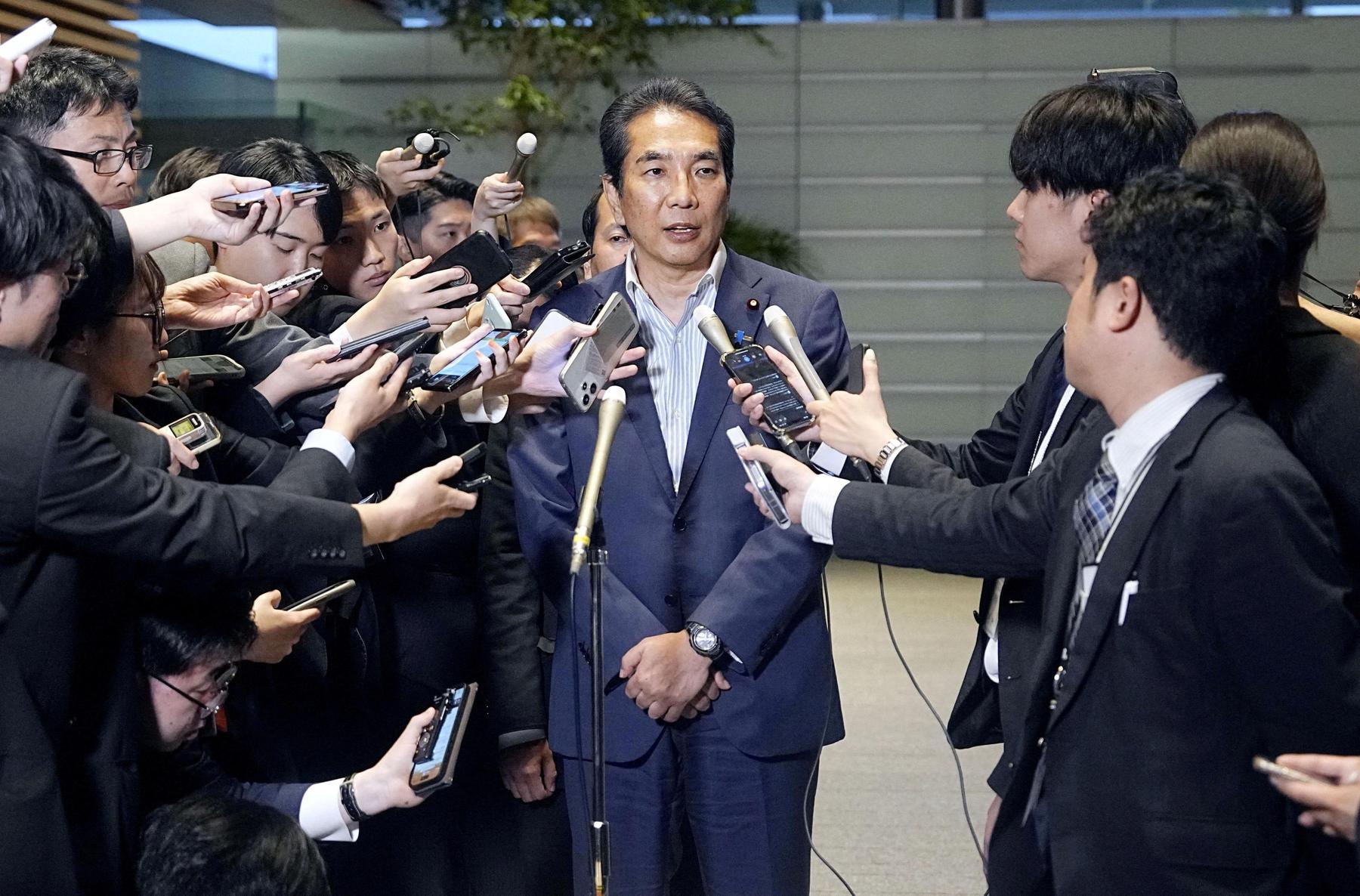Trump, NATO, Portugal

Since the beginning of the year, the Trump administration has been sending shock waves around the world. The demoliberal order, erected after 1945, based on the Trinamium Peace-Democracy-Democracy-Liberalism, threatens to crumble. In fact, one lives in a period of ‘acceleration’ similar to the main disruptive moments of the international system. After 1815; 1918; 1945; 1989 and 2008-2011, 2025 arrives as a determining potential of the subsequent international order. Signs of concern and uncertainty are evident, above all, with regard to NATO and Euro-Atlantic security.
That said, two notes are required. The first about the international context. The second regarding the insertion of Portugal. As for the new world context, and in the face of a sea of dubicity, it is necessary, from the outset, to underline the importance of the NATO. The first recurring mistake is to think of this organization of a strictly secondary prism. The NATO represents immensely more. It is based on its base in the defense of the Kantian identity prerogative, modeled by democratic principles and the constructive idea of a liberal security community that cannot, and should not, be dissociated from the European construction process. It actually represents a concept of intrinsic security that is in the flower of the skin, which feels, a true democratic lighthouse, symbol of hope and peace in a Europe that was torn by two world conflicts. Therefore, what is defended with its continuity is a way of life, a civilizational support, constituted around political and social stability. This is the main point.
Of course, that intrinsically associated is the safety of old Europe. And here, with or without the US, with more or less Washington, it becomes primary to look ahead and define a new paradigm based on European strategic autonomy, but maintaining dialogue and cooperation. It therefore means reinforcement of the defense investment and the recovery of the debate on the European Pillar of NATO. In time, the present crisis will cause Europeans to develop essential military capabilities for their protection. This is so that one day the ghosts of the European Defense Community (1952) can be overcome by realistically addressing the conception of a future European Defense Union. It will not be easy, and the first obstacle is to make political decisions quickly in strategic subjects, namely in foreign policy and security.
In this context, Portugal in conducting its foreign policy must ensure consideration and responsibility in the decision. Europe in general, and our country, in particular, should not under any pretext break with the transatlantic dialogue. Portugal must continue to position themselves in an assertive and joint manner, fulfilling their obligations in the plan of investment in defense, either with the 2% of GDP or with any other amount that will come out of the Hague Agenda in June. In fact, having previously mentioned, I emphasize again: the bet on the defense industry represents a unique opportunity (economic and strategic) for Portugal. In short, in a storm cable it is necessary-unlike the foam of the days-climbing transatlantic solidarity, reinforcing it whenever it is opportune, conscious that it is necessary to overcome the logic that has so far prevailed with strong US dependence.
University Professor-IEP-UCP








